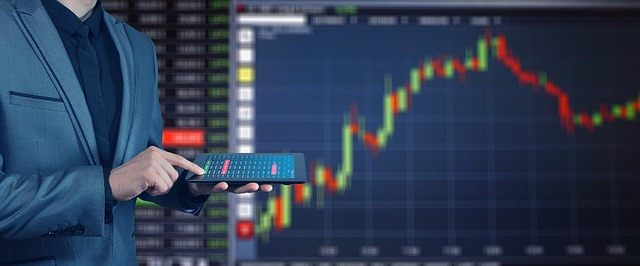Italian Economy Minister Roberto Gualtieri said on Friday that the country's economic contraction this year may be slightly worse than the eight percent decline currently forecast by the government. The Bank of Italy has forecast Italian gross domestic product to fall by 9.2 percent and the European Commission projects -9.5 percent, as the economy buckles under the impact of the coronavirus.
Speaking at a forum organized by Goldman Sachs, Gualtieri said in a video link-up that even though data for April and May had been broad as the government anticipated and recovery was now expected, some sectors, such as tourism, would struggle for longer. "That is the reason why we think our forecast may be slightly revised to the downside", he said.
Asked about the sustainability of Italy's huge public debt, targeted to rise to 155.7 percent of GDP this year, Gualtieri said the government intended to focus on improving the country's growth potential while reducing borrowing from next year. "We want to significantly boost public and private investment... growth-enhancing policies and fiscal sustainability, that is the core of our strategy," he said.
Italy GDP Might Shrink

Gualtieri, from the center-left Democratic Party, said Italy's debt would come down next year and decline "substantially" in future years when the country would return to running a budget surplus net of interest spending. This year's overall deficit is targeted to jump to 10.4 percent of GDP as the government ramps up borrowing to try to soften the economic impact of one of the world's worst COVID-19 epidemics.
A wealth tax to raise resources for extra spending or bring down the debt was not in the government's program, Gualtieri said. Despite the recession tax revenues were holding up much better than expected, he said, thanks to the government's fight against tax evasion which was bearing fruit before the virus outbreak.
These efforts will continue to recoup some of the estimated 100-120 billion euros of lost revenue every year, Gualtieri said, adding that wanted Italy to become a world leader in terms of digital payments and creating a "cashless society."








